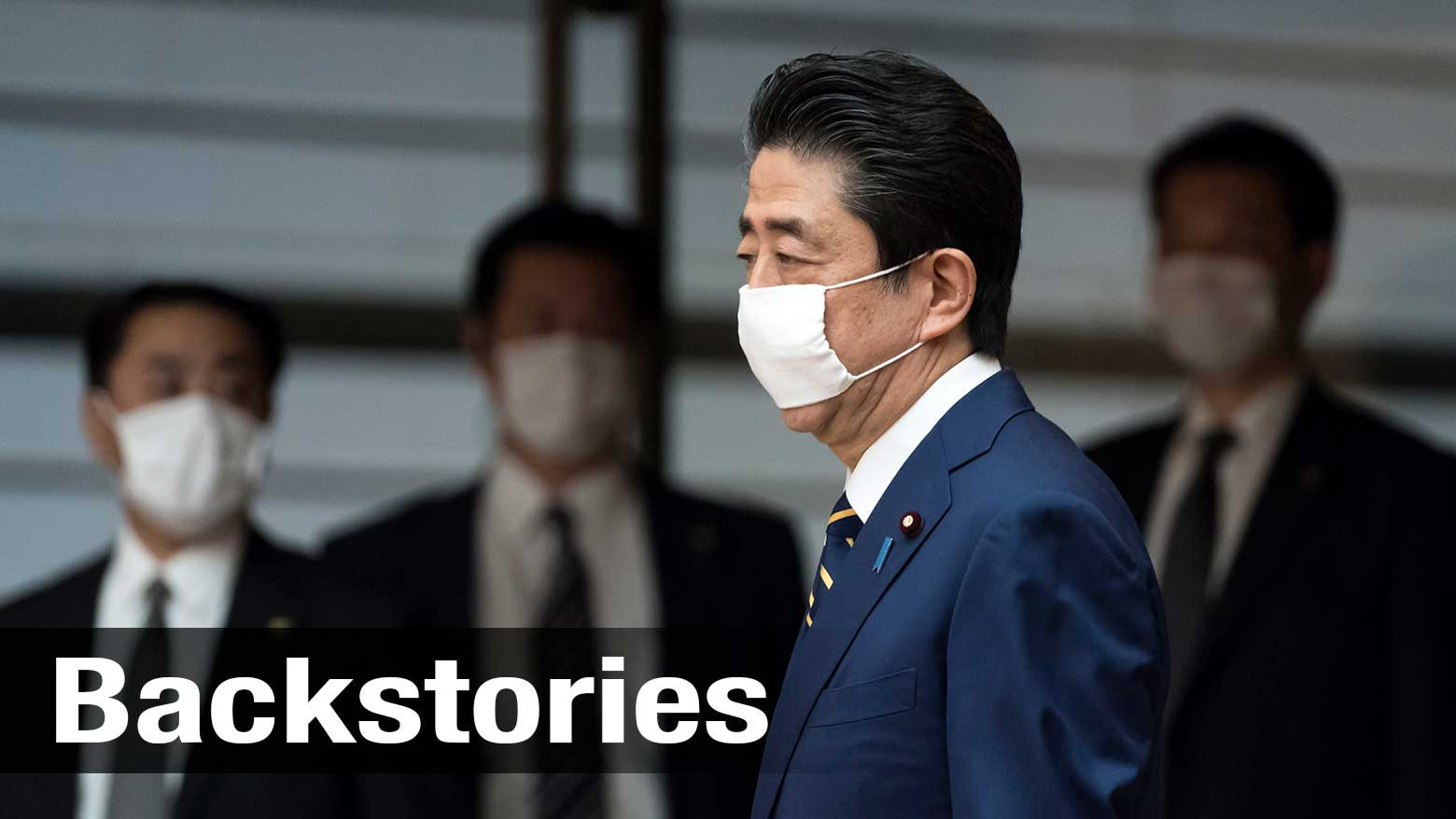Tokyo's reaction
In response to the declaration, the Tokyo Governor Koike Yuriko requested people to strictly refrain from going outside. She also asked businesses and facilities in certain categories to close. However Tokyo and the central government have yet to reach an agreement on specifics. The Metropolitan government says it plans to announce the details on Friday.
Koike says the capital faces a crisis on a different scale from the other affected prefectures, adding that while she wants to act swiftly, she also needs to take into account the characteristics of the region.
(1:47)
Medical system
Hospitals in urban areas are approaching capacity, with some facilities running low on beds. In his announcement, Abe said medical workers are facing increasingly large physical and mental burdens.
He said the government has an agreement with a hotel chain to provide 10,000 rooms in the Kanto region and 3,000 rooms in the Kansai region for treating patients with mild to no symptoms. He added that facilities built to house police officers during the Tokyo Olympic and Paralympic Games will be repurposed for medical care and will be open by the end of the month to treat about 800 patients with mild symptoms.
Economic relief measures
At Tuesday’s news conference, Abe called the outbreak the biggest crisis facing the Japanese economy since the end of World War Two. He said the government will protect people’s jobs and livelihoods by implementing emergency economic measures worth about 108 trillion yen, or one trillion dollars. This is about 20% of the country’s GDP.
As part of these measures, the government will provide about 300,000 yen, or about 2,800 dollars, to households suffering from a significant decline in income. About 13 million households are expected to be included.
The government will also provide up to 2 million yen, or 18,000 dollars, to small- and medium-sized companies, as well as individual business owners, whose income in any month this year decreases by more than 50% compared to last year.
Abe added that if residents adhered to the order, there would be no need for the declaration to be extended beyond one month.

